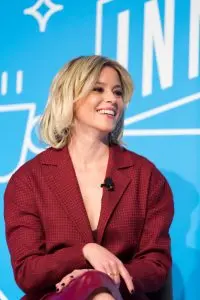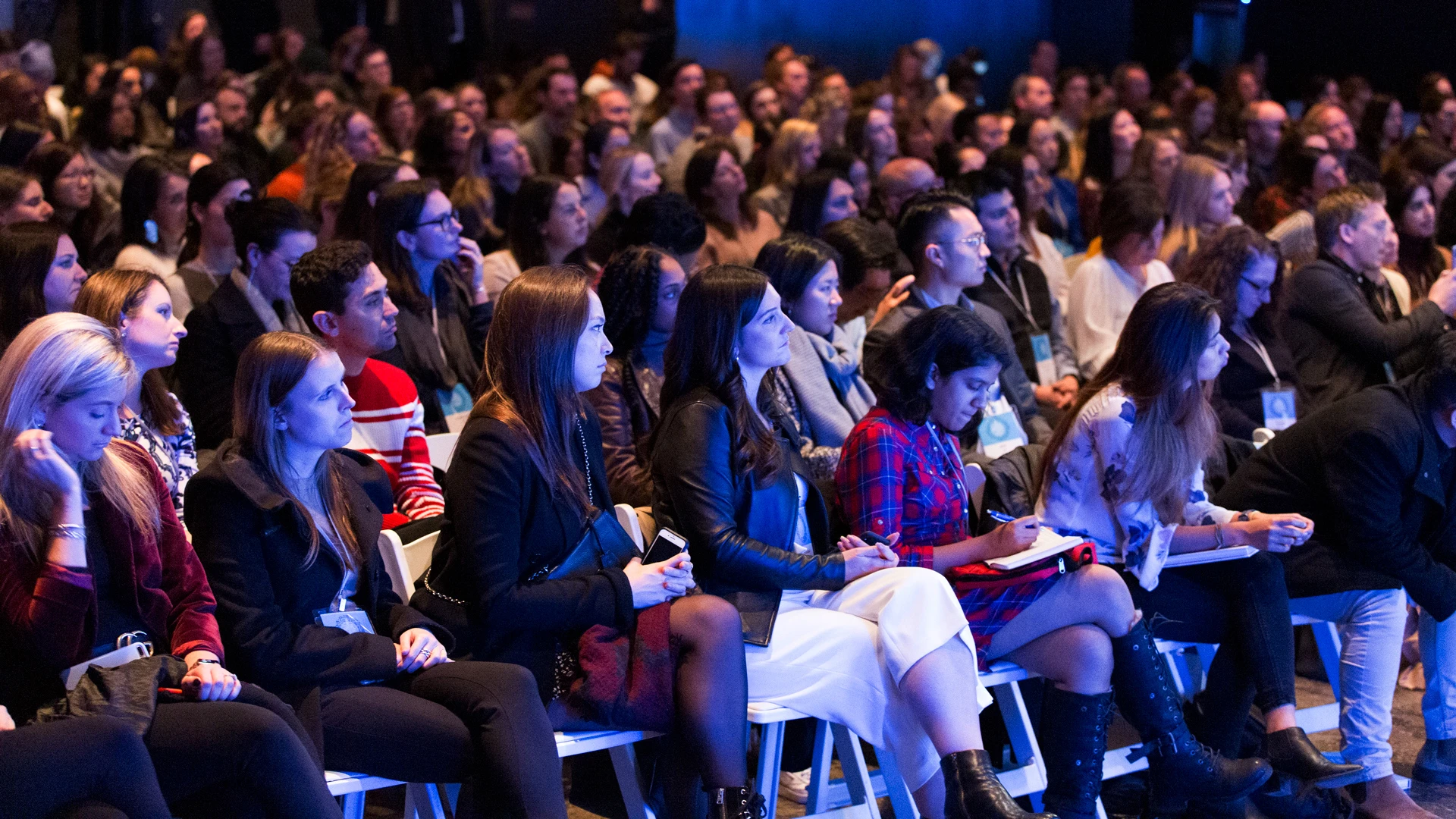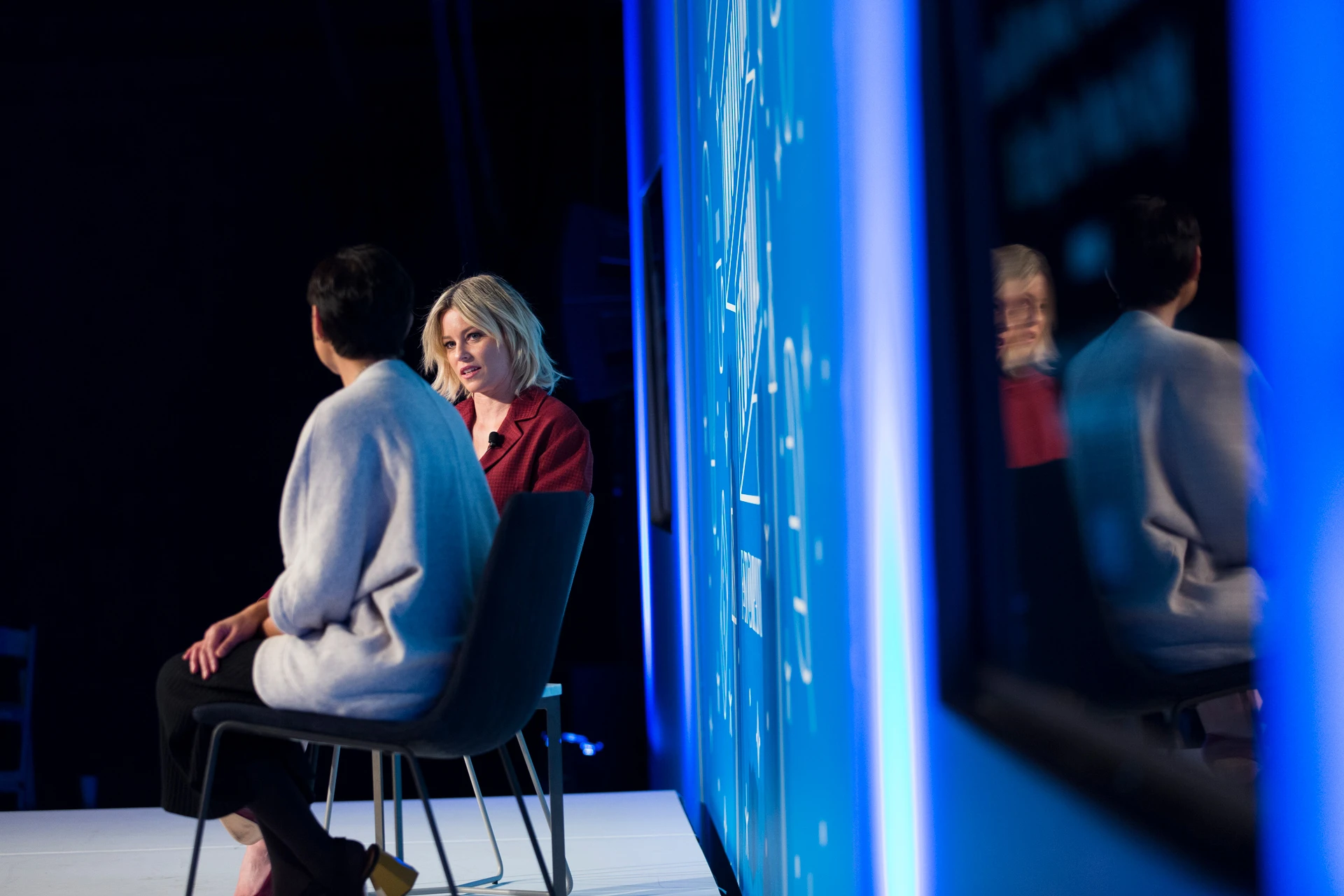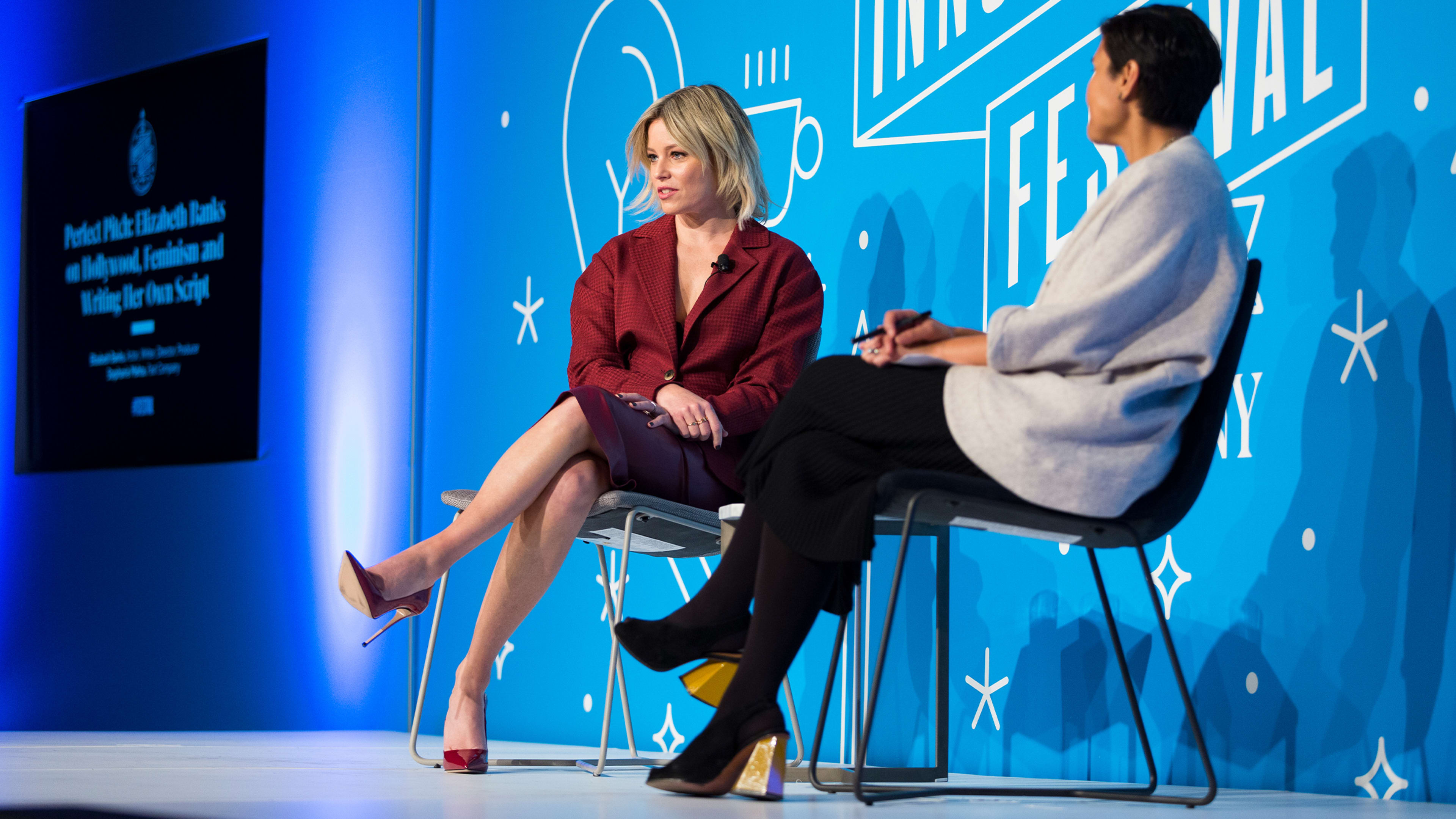Actress, producer, and director Elizabeth Banks has one simple reason for making a new version of Charlie’s Angels. “I wanted to show women at work.”

At the Fast Company Innovation Festival, Banks shared what she hopes to get out of remaking Charlie’s Angels, the parallels between directing a musical and an action movie, and the advice she would give young people to succeed in Hollywood today.
On making action movies from a different lens
Banks believes that there is one factor that differentiates Charlie’s Angels from most action movies. “Women don’t typically walk into a room and start fighting,” she said. “We need to use strategies in our lives to avoid violence.” She described a typical scene of an action movie, where a man is usually the protagonist. “The guy walks in, pushes his sleeves up, and comes at the camera.” While there is plenty of that in Charlie’s Angels, Banks said that she really wanted to emphasize the message that those kinds of scenes are often the last resort. “The mantra is that women fight smarter, not harder.”
Reflecting on her directing experience with Pitch Perfect 2, Banks says that there are many parallels between directing an action movie and a musical. “Musical numbers and action set pieces are designed in a similar way. You can’t stop a movie to be like, we’re going to sing and dance.” She went on to say, you also don’t stop a movie to film a shooting scene. You have to include character development, and check many other boxes at the same time.

The importance of inclusivity in Hollywood
When it comes to inclusivity in Hollywood, Banks believes that paying attention to it ultimately makes good business sense. “When you think about what has been put out in the media, it’s mostly from a cisgendered white male perspective. Everything that’s not that feels a little bit fresher and so it feels like pretty good business. I’m the audience, I want things that I haven’t seen before. My real plea is for men to have enough empathy to go see movies starring women because I’ve been asked to go see movies starring men my entire life, and I’ve happily done so. I don’t know why men don’t return that fucking favor.”

On what it takes to succeed in Hollywood
Banks has one piece of advice to aspiring professionals who want to succeed in Hollywood—whether it be filmmaking, acting, or producing. “You need to make yourself indispensable,” she said. If you’re doing something that’s derivative, like “‘I want to be like Amy Adams,’ you’re not going to be like Amy Adams.”
Technology, according to Banks, has made it much easier for people to practice their craft. “Nowadays, I tell young people, make movies on your phone. You don’t need permission from anybody to make anything anymore. If you have interesting talented friends, you can make things . . . . The doing of it, that work gets more work. It puts you in touch with other people in your industry. The technology is all there to make things.”
Recognize your brand’s excellence by applying to this year’s Brands That Matter Awards before the early-rate deadline, May 3.
